Public safety organizations representing members in, Canada, the European Union, United Kingdom, and the United States today signed a first-of-its-kind agreement to work together to improve the emergency communications systems that serve nearly one billion people worldwide.
Under the pact, the Association of Public-Safety Communications Officials, Canada (APCO Canada), the European Emergency Number Association (EENA), the British Association of Public-Safety Communications Officials (BAPCO), and NENA: The 9-1-1 Association pledge to promote, support and improve emergency communications services utilizing the most current and commonly accepted technologies, standards, and best practices.
Specifically, the groups have committed themselves to promote, among a wide range of topics, Next Generation emergency communications, services, networks and systems such as the i3 standard for NG9-1-1 in North America and the NG1-1-2 standard in Europe. Under these frameworks, calls for emergency help are handled in a modern, Internet Protocol-based multimedia environment, as opposed to the voice- and landline-centric frameworks of the past.
“This collaborative effort is essential as we look to improve and innovate emergency communications nationwide,” said Cindy Sparrow, President of APCO Canada. “We look forward to deepening our relationships and sharing information to improve our emergency response systems.”
“We are pleased to collaborate with our colleagues from other nations in promoting access to effective life-saving services,” said Demetri Pyrros, President of EENA. “As the industry shifts to Next Generation technologies, we want to ensure that our standards and policies are encouraging the most effective methods for emergency assistance.”
“This is an exciting time for our industry,” said Ian Thompson CEO of BAPCO. “We are grateful for this opportunity to work alongside our peers to provide consistent, reliable emergency communications to citizens around the globe.”
“NENA is proud to join this alliance as we work toward a common goal of providing the public with fast, convenient and reliable access to emergency assistance when it matters most,” said Monica Million, President of NENA. “We are committed to collaborating with these like-minded organizations to ensure that emergency communications are modernized and made more accessible all over the world.”
About Association of Public-Safety Communications Officials, Canada
The Association of Public-Safety Communications Officials, Canada, Inc. is a voluntary, not-for-profit organization dedicated to the enhancement of public safety communications. It serves the people who supply, install and operate the Emergency Communications Systems used around the Country from coast to coast. Members come from every type of public safety organization in the country, including 9-1-1, police, fire and emergency medical services as well as emergency management, disaster planning and federal search and rescue personnel.
Our Vision: APCO Canada strives to be the voice of public safety communications in Canada.
Mission: APCO Canada will represent and advance the national interests and professionalism of Public Safety Communications.
Learn more at www.apco.ca
About the European Emergency Number Association (EENA)
EENA’s mission is to contribute to improving the safety and security of people. How can citizens get the best help possible if they find themselves in an emergency? This is the question we continuously try to answer. Today, the EENA members include 1500+ emergency services representatives from over 80 countries world-wide, 100+ solution providers, 15 international organisations, 200+ Members of the European Parliament and 100+ researchers.
Learn more at www.eena.org
About British APCO
Our Mission – To work together to improve public safety through technology.
Collaboration is central to our success. We welcome constructive cooperation between BAPCO and our partners.
Learn more at www.bapco.org.uk
About NENA: The 9-1-1 Association
The National Emergency Number Association (NENA) improves 9-1-1 through research, standards development, training, education, outreach, and advocacy. Our vision is a public made safer and more secure through universally-available state-of-the-art 9-1-1 systems and better-trained 9-1-1 professionals.
Learn more at www.nena.org.
